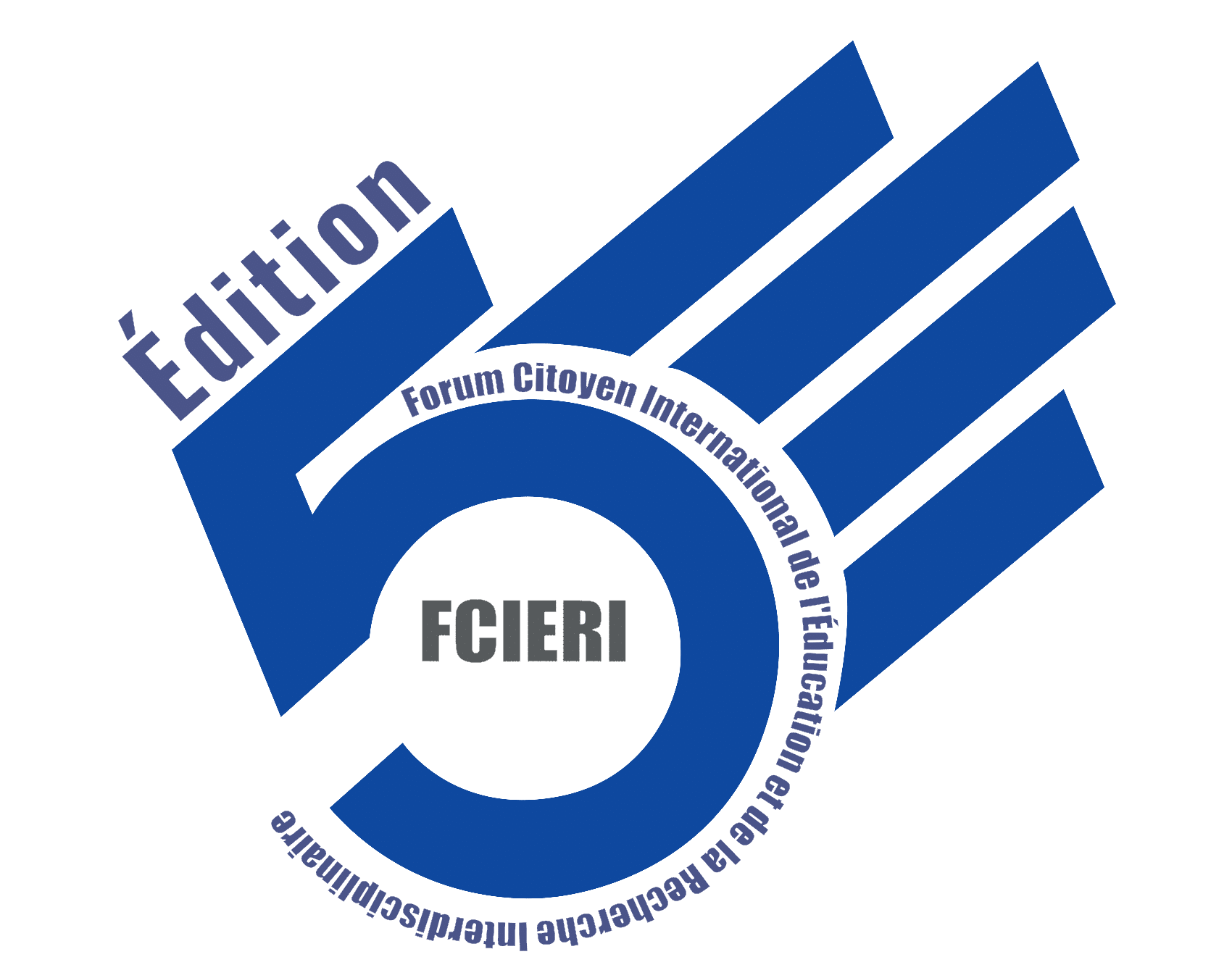Track description
Initial teacher education should normally prepare aspirants for the teaching profession to perform the complex and diverse tasks that constitute daily life in a classroom and a school. In this regard, specific training should be offered in all countries for preschool, primary, and secondary education as well as for post-secondary and university education, in all areas of learning. Teacher training essentially includes elements that cover the disciplines, of educational psychology, didactics, and the foundations of education. Like any worker, the teacher must continue his training throughout his career. Continuous training allows him to consolidate his achievements and acquire new knowledge. However, the various teacher training programs in force vary from one country to another. What are their strengths and weaknesses? How do they prepare for professional integration? How are the theoretical and practical training in the practical environment articulated during the internships? What continuing education (content, methods, training objectives) is accessible? How can in-service training help the teacher to exercise his profession? What initial and continuing teacher training is part of a professionalization perspective?
This theme will make it possible to consider new avenues to improve teacher training. The questions to be dealt with will be able to fuel the discussions during the Forum.
Track themes
• Ministerial requirements regarding initial training;
• Initial teacher training;
- The influence of training paradigms
- The link between theoretical training and training in the practical environment
- Initial training and professional integration
•Continuous training;
- Training needs
- Training offers and objectives
- Training approaches and methods (adaptation to work situations, non-formal training, etc.)
• Professionalization and teacher training;
• Collaboration between academic researchers and practitioners regarding teacher training.

 Le Forum mondial sur l’éducation, tenu en mai 2015 à Incheon sous l’égide de l’UNESCO et ses partenaires, s’est conclu par la Déclaration d’Incheon pour l’Éducation 2030, un engagement historique de transformer la vie grâce à une nouvelle vision de l’éducation et à des actions courageuses et innovantes pour la réaliser. Le Cadre d’action Éducation 2030, qui établit cette nouvelle vision de l’éducation pour les 15 années à venir, a été adopté par plus de 180 états membres de l’UNESCO. Quatre ans plus tard, à la 9e Réunion mondiale de la Consultation collective des ONG pour Éducation 2030 (CCONG-Éducation 2030), qui s’est tenue en Tunisie en 2019, les organisations participantes ont affirmé que le monde est confronté à une crise éducative, causée par un manque de volonté politique, une faible priorisation de l’éducation et un financement insuffisant. De plus, elles ont constaté une tendance croissante à la commercialisation de l’éducation, ce qui contribue à creuser davantage les inégalités. Les systèmes éducatifs mondiaux ne semblaient pas respecter l’engagement pris dans le programme Éducation 2030. Le ministre de l’Éducation de la Tunisie d’alors avait, à la même occasion, souligné que la plupart des pays n’avancent pas suffisamment pour atteindre les objectifs fixés pour 2030. Il a appelé à une reconnaissance de l’importance stratégique de l’éducation pour toutes les nations et a encouragé la société civile à jouer un rôle majeur dans la mobilisation pour y parvenir.
Le Forum mondial sur l’éducation, tenu en mai 2015 à Incheon sous l’égide de l’UNESCO et ses partenaires, s’est conclu par la Déclaration d’Incheon pour l’Éducation 2030, un engagement historique de transformer la vie grâce à une nouvelle vision de l’éducation et à des actions courageuses et innovantes pour la réaliser. Le Cadre d’action Éducation 2030, qui établit cette nouvelle vision de l’éducation pour les 15 années à venir, a été adopté par plus de 180 états membres de l’UNESCO. Quatre ans plus tard, à la 9e Réunion mondiale de la Consultation collective des ONG pour Éducation 2030 (CCONG-Éducation 2030), qui s’est tenue en Tunisie en 2019, les organisations participantes ont affirmé que le monde est confronté à une crise éducative, causée par un manque de volonté politique, une faible priorisation de l’éducation et un financement insuffisant. De plus, elles ont constaté une tendance croissante à la commercialisation de l’éducation, ce qui contribue à creuser davantage les inégalités. Les systèmes éducatifs mondiaux ne semblaient pas respecter l’engagement pris dans le programme Éducation 2030. Le ministre de l’Éducation de la Tunisie d’alors avait, à la même occasion, souligné que la plupart des pays n’avancent pas suffisamment pour atteindre les objectifs fixés pour 2030. Il a appelé à une reconnaissance de l’importance stratégique de l’éducation pour toutes les nations et a encouragé la société civile à jouer un rôle majeur dans la mobilisation pour y parvenir.